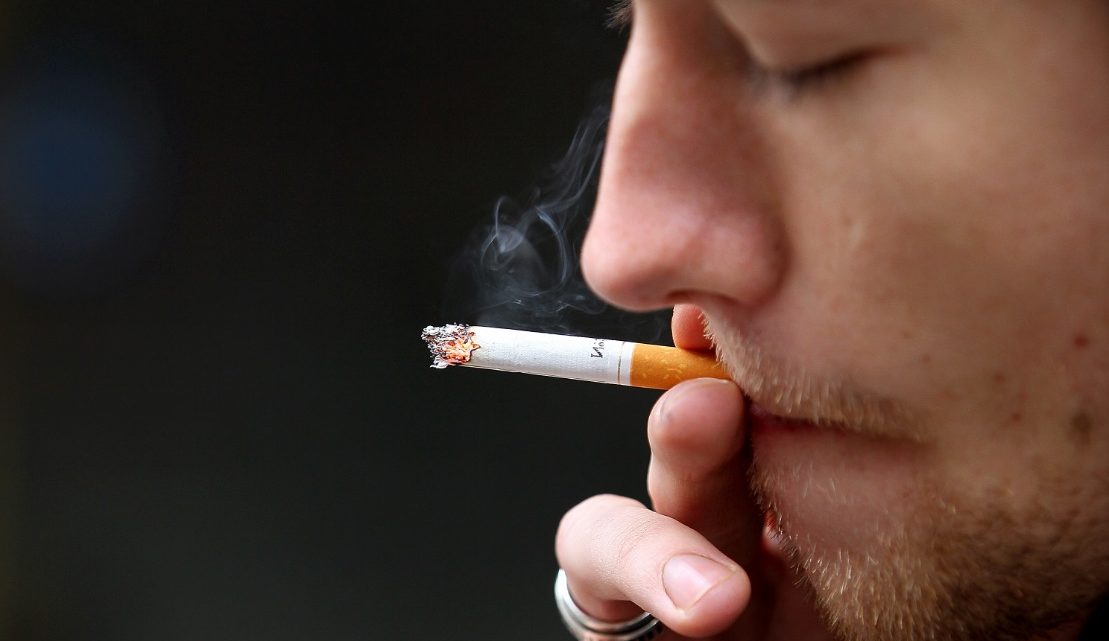
What does nicotine do to your mental health?
Did you know that nicotine can reach your brain within 7 seconds after your first puff of a cigarette? No wonder smoking is so addictive for many people despite having several bad effects on your mental health.
What happens if I smoke cigarettes regularly?
Generally speaking, nicotine will leave your system within 3 days after you completely stop using tobacco products. However, for heavy users, nicotine traces can remain in your system for up to 1 year after the last cigarette. During this fasting period, a former heavy smoker may have many cravings and feel anxious or stressed at times.
Is nicotine dangerous for my mental health?
Since the main feature of the cigarette is to ease the feeling of being stressed or anxious, it also creates a need for your body to get back this shortcut. Consequently, a dependence is created, which is often joined by the following symptoms:
- Impulsivity
- Mood disorders
- Depression
In some extreme cases, nicotine can push someone to have suicidal thoughts. In the end, the human body gets so used to have the nicotine that it makes everything more difficult when the doses are not coming in anymore.
What’s the difference between Nicotine and Cotinine?
First and foremost, cotinine is only naturally produced when nicotine is found in the body. Moreover, your body will also produce some cotinine when eating some vegetables such as tomatoes, eggplants, and green peppers.
Usually, official lab tests will check for traces of cotinine in your urine, saliva, and blood. This is because it is much easier and precise to find traces of the latter than of nicotine. In the end, most nicotine tests are in fact testing for cotinine and not nicotine.
Why would you get tested for cigarette/nicotine usage?
If you are worried about the idea of being tested for a future job position and you are wondering when do people get tested for nicotine, here are the top 5 reasons why:
- Health-related Insurances
The most common reason is for life and health insurance companies, who will ask you to get tested before offering you an insurance plan with them. - Court Hearings
Another typical situation is when there is a court case, and that someone related to the case would need to get tested for the approval of a testimony/alibi, etc. The most common court cases that require nicotine testing are child custody cases. - Health-related work environment
Some workplaces firmly require a nicotine test before you can even get the job, especially hospitals and clinics. - Smoking Cessation Programs
These programs are made to support someone who is trying to quit smoking. The latter will sometimes require a nicotine test to be performed before or during the program. - For some patients
Finally, sometimes a doctor will require you to pass a nicotine test before certain types of surgeries, or if he/she thinks that you might be at risk of a nicotine overdose.
Is nicotine excreted in urine?
After being metabolized into cotinine, thanks to your liver’s work, it can take a few hours for your body to process it. Most of the nicotine/cotinine will be excreted in your urine. That said, it is important to note that nicotine also goes in your adrenal glands, which are located just above your kidneys. This has a number of bad effects on your system since it increases blood pressure, heart rate, and breathing.
Does nicotine stay in the saliva for a long time?
Nicotine can be detected in your saliva for up to 4 days after the last cigarette usage. Furthermore, other factors can play into this, as it will generally depend on your age and your health as well. Of course, if you were a heavy smoker, the number of cigarettes you were smoking per day will also have an effect on the time nicotine appears in your saliva. Saliva tests, also commonly called swab tests, are often used since they can detect nicotine in a much lower quantity than other tests.
Can patches of nicotine help a heavy smoker?
Yes, it can definitely help, as it replaces the nicotine you would normally get from smoking cigarettes. The symptoms of withdrawal and cravings are going to be more or less under control with this form of Nicotine Replacement Therapy (or NRT). After a few weeks/months of using nicotine patches, a heavy smoker should be able to reduce the nicotine dosage to almost nothing.
How to get rid of nicotine in my system?
Aside from quitting cigarette smoking, the best way to get rid of nicotine in your system is to drink a lot of water (minimum 2 liters per day), eat healthy food, and exercise regularly. Finally, add to your daily diet lots of antioxidants, such as carrots and oranges, which will help boost your body’s metabolism rate.
And that concludes our guide on the subject. Nicotine is certainly an addictive drug but the complications for your mental health and body are good reasons why you should avoid smoking. In all cases, a good diet, lots of water, and some exercise will help you to get rid of any traces.
